Petraeus accuses Putin of trying to re-establish Russian Empire
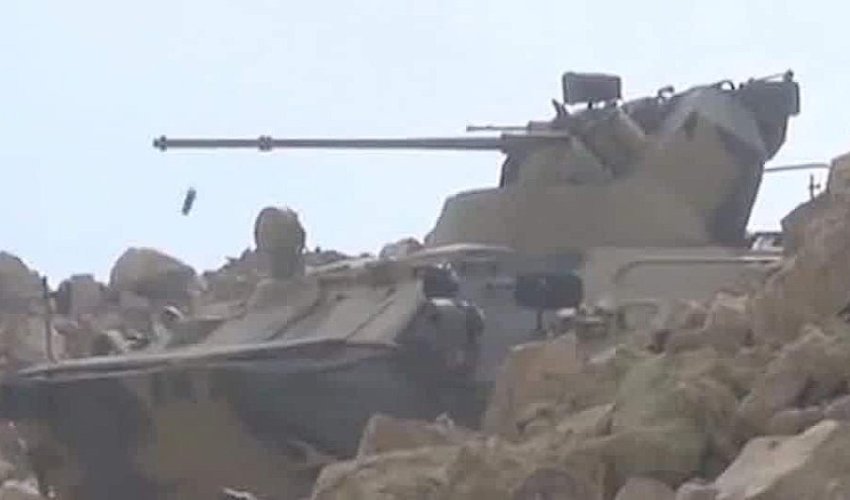
One of America's top former generals compared the situation in Syria Tuesday to a historic nuclear disaster, implicitly criticizing the U.S. for allowing it to worsen, and accused Russia's President of trying to re-establish an empire.
Retired Gen. David Petraeus, testifying before the Senate Armed Service Committee, also recommended that the U.S. establish safe zones for Sunnis inside Syria and potentially put American boots on the grounds in Iraq to stop the spread of ISIS.
The former commanding general of U.S. forces in both Iraq and Afghanistan equated the situation in Syria today with one of the most deadly nuclear accidents in history.
Syria "is a geopolitical Chernobyl -- spewing instability and extremism over the region and the rest of the world," Petraeus told the Senate Armed Services Committee, referencing the 1986 nuclear meltdown in the former Soviet Union. "Like a nuclear disaster, the fallout from the meltdown of Syria threatens to be with us for decades, and the longer it is permitted to continue, the more severe the damage will be."
Part of the solution to stabilizing the situation inside Syria would entail helping to protect large swaths of the Sunni population from bombing by the regime of Syrian President Bashar al-Assad, in order to bring in more willing partners to fight ISIS.
"They are not going to be willing to be supported by us if we're not going to support them when they're under attack by Bashar, as well as when they're under attack by ISIS (or) Jabhat al-Nusra," and other al Qaeda-sponsored groups in Syria, Petraeus said.
Barrel bombing by the al-Assad regime, rather than ISIS, "has been the primary source of civilian casualties; it has also been a principal driver of the radicalization fueling ISIS and the refugee crisis," he said.
Patraeus, who led the so-called surge in Iraq in 2007 that brought disenfranchised Sunnis into the fight against al Qaeda in Iraq, said Sunni involvement in both Iraq and Syria will be necessary to turn the tide against ISIS.
ISIS and al Qaeda are both Sunni organizations, while al-Assad adheres to an off-shoot of Shiite Islam.
To date, the Obama administration policy in Syria has been to support efforts to train and equip a moderate Syrian opposition to fight ISIS, but to otherwise largely stay not get involved with the bloody civil war that has raged for more than four years.
"Across the Middle East today, the old order is collapsing," said Arizona Republican Sen. John McCain, chairman of the committee. "This regional disintegration has only been made worse by a failure of U.S. strategy and leadership to shape events in this vital part of the world for the better."
Petraeus said he also supported the "establishment of enclaves in Syria protected by coalition airpower," where a moderate Sunni force could be supported and trained and where the Syrian opposition would be able to better organize in the face of a continued buildup by Russian forces inside Syria and continued Iranian support for the al-Assad regime.
"Russia's recent military escalation in Syria is a further reminder that when the U.S. does not take the initiative, others will fill the vacuum, often in ways that are harmful to our interest," Petraeus said.
Russian moves in Syria are designed to bolster and hold on to their naval base and airstrip along the Mediterranean coast of Syria, and shore up the al-Assad regime in order to preserve Russian influence in the Middle East, Petraeus said.
"I think that what Vladimir Putin would like to do is resurrect the Russian empire," he said.
In Iraq, where Iraqi security forces have been unable to turn back gains by ISIS in major population centers like Ramadi and Mosul, Petraeus said the U.S. should "explore" the possible use of U.S. forces serving as forward air controllers to work with selected Iraqi units to help coordinate and call in coalition airstrikes from the ground, something the administration and senior Pentagon officials have thus far ruled out.
With respect to the recent nuclear accord with Iran, Petraeus said the United States should "make clear" to Iran that it will never allow the production of highly enriched uranium or other weapons-grade nuclear material in Iran even after most of the restrictions covered by the deal are relaxed over time.
(CNN)
www.ann.az
Latest news 
Business
17:05
World
16:30
Society
15:30
Political News
14:35
Political News
14:30

























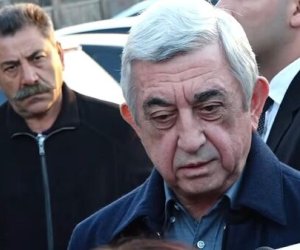
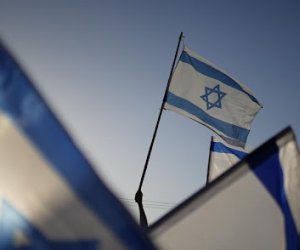
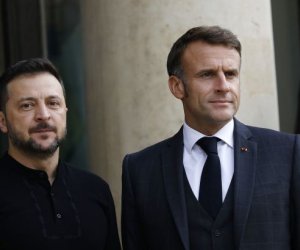
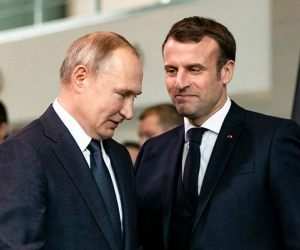
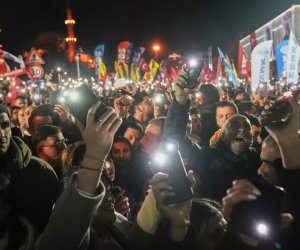
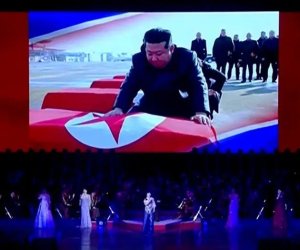
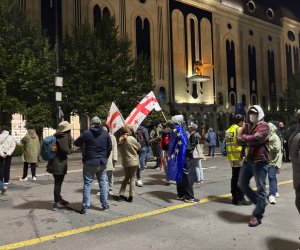
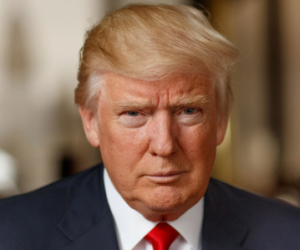
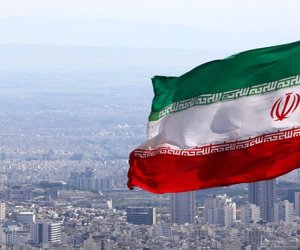


 Photo
Photo 



 Video
Video 

